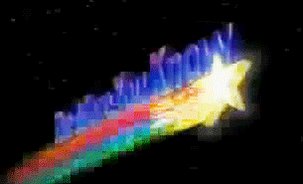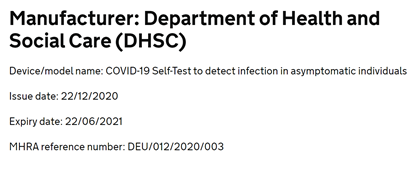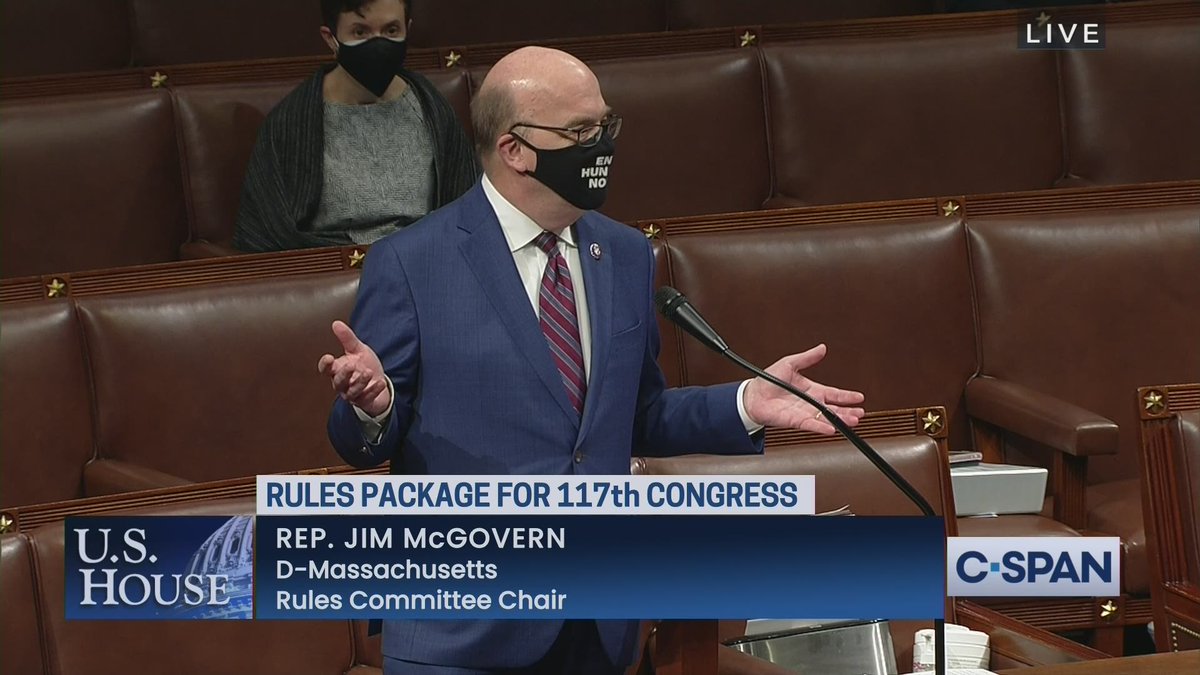CodyyyGardner Categories Government
7 days
30 days
All time
Recent
Popular
👀 👇🏼 saving all these post from Lin Wood in this thread.
As background to tweets I am about to post, you should read this article carefully. I ask that you read each of my tweets carefully & decide if the information conveyed demands that Patriots rise up so that every lie will be revealed.@realDonaldTrumphttps://t.co/9KIX4DEtha
— Lin Wood (@LLinWood) January 4, 2021
THE U.S. JUST BANNED ANONYMOUS SHELL COMPANIES
Pardon the all-caps, but the Senate's veto override today means that the U.S. A) just eliminated the primary building block in America's transformation into an offshore haven, and B) passed the most sweeping counter-kleptocracy reforms in decades—potentially ever.
Incredible news, and an incredible way to start 2021. What a moment.
Huge boost to American credibility in the fight against modern kleptocracy. Huge blow to those who'd turned to the U.S. time and again for their laundering needs, and those U.S. states that had transformed into money laundering havens of their own.
Just phenomenal news.
Again, this is a massive testament to all those who exposed the rot these anonymous shell companies led to, especially the journalists who exposed the laundering networks and civil society activists pressuring legislators to make this change (when it seemed next to impossible).
Pardon the all-caps, but the Senate's veto override today means that the U.S. A) just eliminated the primary building block in America's transformation into an offshore haven, and B) passed the most sweeping counter-kleptocracy reforms in decades—potentially ever.
Incredible news, and an incredible way to start 2021. What a moment.
THE U.S. JUST BANNED ANONYMOUS SHELL COMPANIES https://t.co/mYakQOu3N7
— Casey Michel \U0001f1f0\U0001f1ff (@cjcmichel) January 1, 2021
Huge boost to American credibility in the fight against modern kleptocracy. Huge blow to those who'd turned to the U.S. time and again for their laundering needs, and those U.S. states that had transformed into money laundering havens of their own.
Just phenomenal news.
Again, this is a massive testament to all those who exposed the rot these anonymous shell companies led to, especially the journalists who exposed the laundering networks and civil society activists pressuring legislators to make this change (when it seemed next to impossible).
And here is the final stand. The President asserts that the Vice President has authority (presumably unreviewable) to determine which electoral votes count. This is dangerously incorrect, and it's worth going into detail about why. A thread:
This is what @lessig and I have called the "VP Super Power Theory" in our course on disputed presidential elections @Harvard_Law. We do a deep dive into it on the Another Way to Elect a President podcast
What's the backstory of this radical theory of the VP's power? Poor drafting of the Twelfth Amendment, which says: "The President of the Senate shall, in the presence of the Senate and House of Representatives, open all the certificates and the votes shall then be counted."
Note the passive voice: the VP opens the certificates, but who does the counting? (Writing tip: avoid the passive voice, especially when drafting a constitutional provision that allocates critical powers among political actors.)

So, the VP Super Power Theorist argues, the VP is the only actor mentioned in the sentence so it *must* be the VP who does the counting (and thus can reject electors' votes). Wrong. Every single method of interpretation demonstrates otherwise. Let's go through them:
The Vice President has the power to reject fraudulently chosen electors.
— Donald J. Trump (@realDonaldTrump) January 5, 2021
This is what @lessig and I have called the "VP Super Power Theory" in our course on disputed presidential elections @Harvard_Law. We do a deep dive into it on the Another Way to Elect a President podcast
What's the backstory of this radical theory of the VP's power? Poor drafting of the Twelfth Amendment, which says: "The President of the Senate shall, in the presence of the Senate and House of Representatives, open all the certificates and the votes shall then be counted."
Note the passive voice: the VP opens the certificates, but who does the counting? (Writing tip: avoid the passive voice, especially when drafting a constitutional provision that allocates critical powers among political actors.)

So, the VP Super Power Theorist argues, the VP is the only actor mentioned in the sentence so it *must* be the VP who does the counting (and thus can reject electors' votes). Wrong. Every single method of interpretation demonstrates otherwise. Let's go through them:
🇺🇸🏛️ The US Department of the Treasury’s Office of Foreign Assets Control designated a 🇨🇳 China-based supplier of graphite electrodes, a key element in steel production, as well as twelve 🇮🇷 Iranian producers of steel and other metals products, and three foreign-based sales
Treasury sanctions key actors in Iran\u2019s steel sector https://t.co/NxjgtQr6h2
— Treasury Department (@USTreasury) January 5, 2021
@lornarichardson Big plus one for the @UkNatArchives research guides - they're my go to for any new topic - obviously, for place-based work if there's an @VCH_London entry available (and we know that the east of England is a gap) then that's a useful place to start. Many are on @bho_history 1/x
@UkNatArchives @VCH_London @bho_history Along with lots of other material (there are some useful subject guides for @bho_history here: https://t.co/loHRv7JvZq - I wrote the Local History one). 2/x
@UkNatArchives @VCH_London @bho_history If you have access, a simple placename search on the Bibliography of British and Irish History will almost certainly pull up anything published in local and national journals. Declaring an interest, I'm a section editor on that, but it is invaluable. 3/x
@UkNatArchives @VCH_London @bho_history With @CHPPC_IHR we've put together some online training/seminars/events which address some key themes (and there are more on the way; please let me know if there's a particular topic you'd like covered): https://t.co/ujY5aYIek8 4/x
@UkNatArchives @VCH_London @bho_history @CHPPC_IHR My colleagues @IHR_Library have put together an excellent guide to free/open access online resources (some grouped under local history but many more are applicable):
@UkNatArchives @VCH_London @bho_history Along with lots of other material (there are some useful subject guides for @bho_history here: https://t.co/loHRv7JvZq - I wrote the Local History one). 2/x
@UkNatArchives @VCH_London @bho_history If you have access, a simple placename search on the Bibliography of British and Irish History will almost certainly pull up anything published in local and national journals. Declaring an interest, I'm a section editor on that, but it is invaluable. 3/x
@UkNatArchives @VCH_London @bho_history With @CHPPC_IHR we've put together some online training/seminars/events which address some key themes (and there are more on the way; please let me know if there's a particular topic you'd like covered): https://t.co/ujY5aYIek8 4/x
@UkNatArchives @VCH_London @bho_history @CHPPC_IHR My colleagues @IHR_Library have put together an excellent guide to free/open access online resources (some grouped under local history but many more are applicable):
I New Year's day spent trying to understand what was at play here led by our friend, .@LLinWood , who was dropping nuggets of information gold. One wondered, What's going on? Can he be trusted? At one point, we even saw this from his
To be clear: I do not support the statements from Attorney Lin Wood. I support the rule of law and the U.S. Constitution.
— Jenna Ellis (@JennaEllisEsq) January 2, 2021























